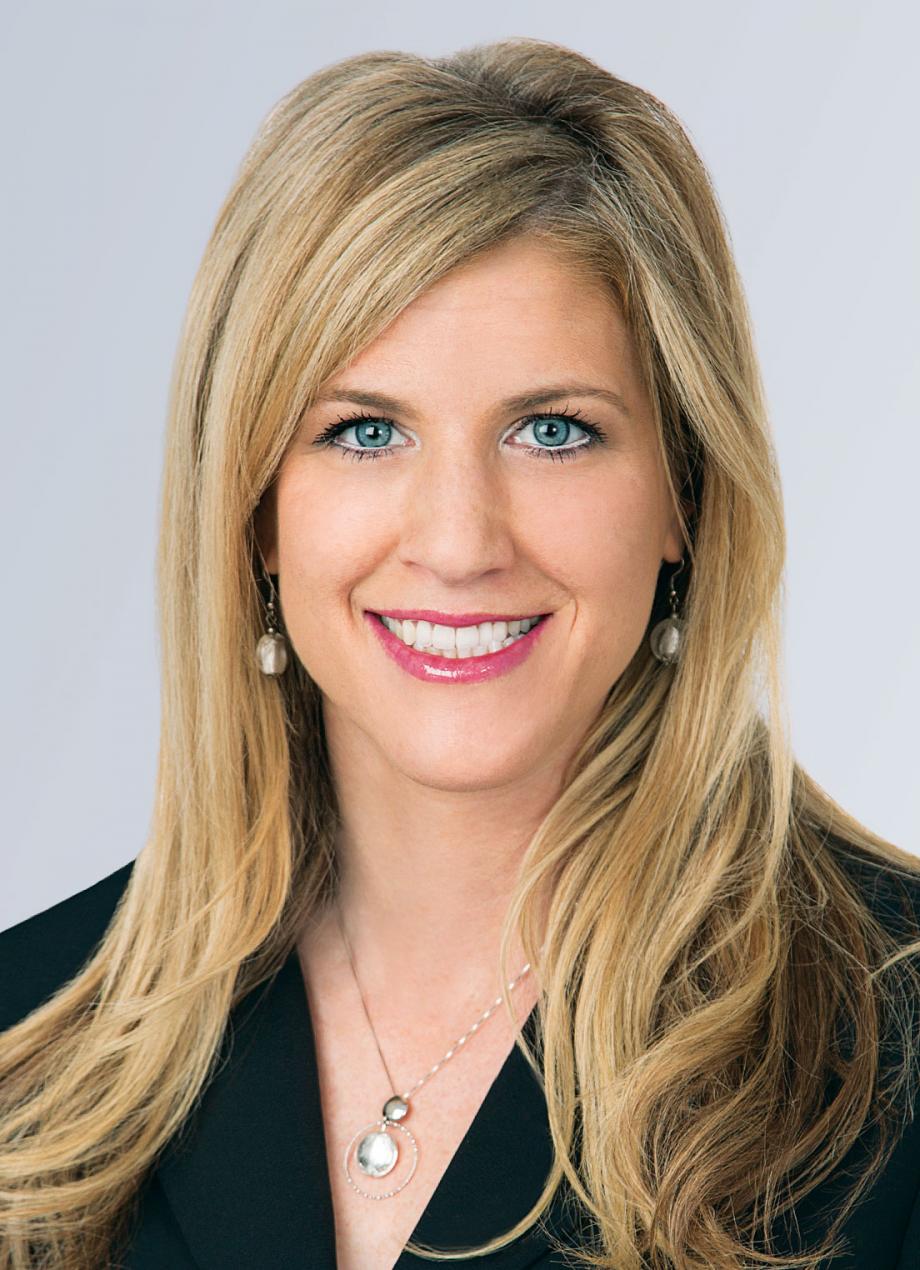Lisa Ellman, '05: Polivation Expert Leads at White House and in Drone Policy

Lisa Ellman, ’05 JD, ’05 MPP, is a partner at Hogan Lovells in Washington, DC, where she cochairs the firm’s global Unmanned Aircraft Systems Practice Group, which addresses legal and policy issues related to commercial drones in the United States and around the world.
She first became involved with drone policy during the five and a half years that she served at high levels of the Obama administration, when she was asked to lead a Department of Justice assessment of domestic drone policy. In that role she participated on a federal interagency working group dealing with drone policy and helped craft the 2015 White House Presidential Memorandum on drone policy, which established protections related to the federal government’s domestic use of drones and created a multistakeholder process to consider similar issues in the context of commercial and private drones.
“It’s hard to think of a sector that isn’t affected by drone policy,” Ellman observes. “It’s a large and complex ecosystem. Our clients at Hogan Lovells include broadcasters, farmers, realtors, energy producers, engineers, manufacturers, technology companies, and many more types of businesses.”
Last year, for her leadership in this emerging area, Fortune magazine included her in its “Most Powerful Women” series, and her other graduate-level alma mater, the Harris School of Public Policy, recognized her with its “Rising Star” award as an outstanding graduate under 40 years of age. Her insights about drone policy are frequently reported in major media outlets.
She has applied her acumen in many other policy realms as well. Working as a research assistant to Cass Sunstein while she was a student, she coauthored a paper and a book with him about the effects of federal judges’ ideologies on their decisions. In 2004, she took time off from the Law School to become one of a small group who advised Elizabeth Edwards, the wife of then-vice-presidential candidate John Edwards, on policy matters, coordinating with the campaign’s staff and also collaborating with Mrs. Edwards in developing policy positions and recommendations.
When Barack Obama invited her in 2007 to join his presidential campaign as a policy advisor, things kicked into an even higher gear. “For about nine months in 2007 and 2008, I lived out of a suitcase, traveling the country and learning how the people I met were affected by a very broad range of federal policies,” she recalls. After the election, she served on Obama’s transition team, then took on the responsibilities of being the legal director of the presidential personnel office, and then joined the Justice Department’s Office of Legal Policy.
In 2011, she was detailed to the White House to lead the president’s Open Government Partnership initiative, which aimed to promote public participation in government, improve government transparency, and increase innovation in the delivery of government services. It was during that time that she coined the word polivation to describe the process of creating an effective balance between innovation and governmental policy-making. “Policy-makers need to promote innovation, and innovators need to work with policy-makers,” she says. “Polivation requires all parties to bring their expertise to the conversation while respecting the perspectives of others. That can be a challenging thing to accomplish, but learning to do it well is essential for society to make the best use of new ideas and technologies.”
“I learned a lot about the value of substantive dialog from my time at the Law School,” Ellman reflects. “I was the president of the Law School Democrats. There weren’t all that many of us, and I learned not just to defend my views, but to really pay attention to the thinking of others who saw things differently. I also learned a lot at the Law School from faculty with many different viewpoints—from Geof Stone, Richard Posner, Martha Nussbaum, and Abner Mikva, to name just a few. There’s no ideological monopoly on wisdom, no way of thinking about issues that doesn’t have potential value. When I was a policy advisor, I had to think on behalf of all of the American people, and as a practicing attorney in a complex emerging field, I need to be able to see all sides in order to represent my clients most effectively. The Law School helped me learn how to do those vital things.”